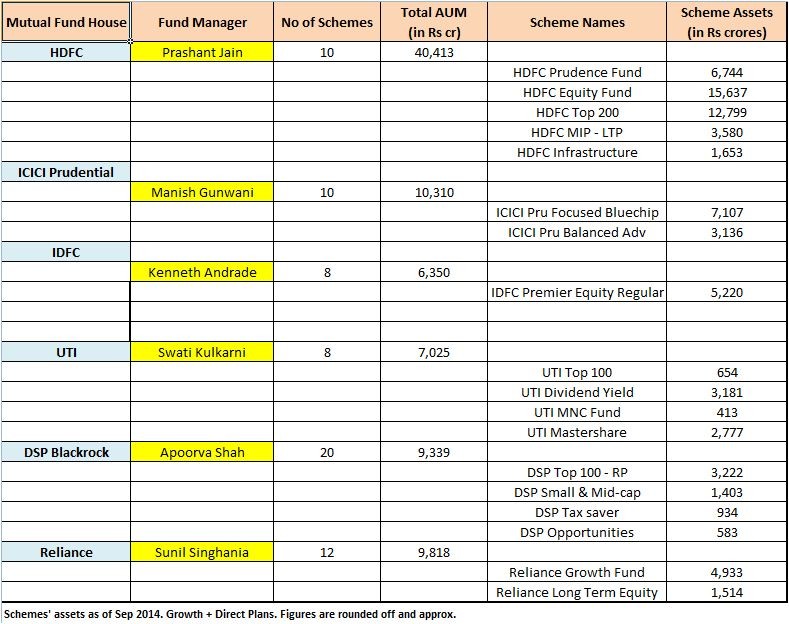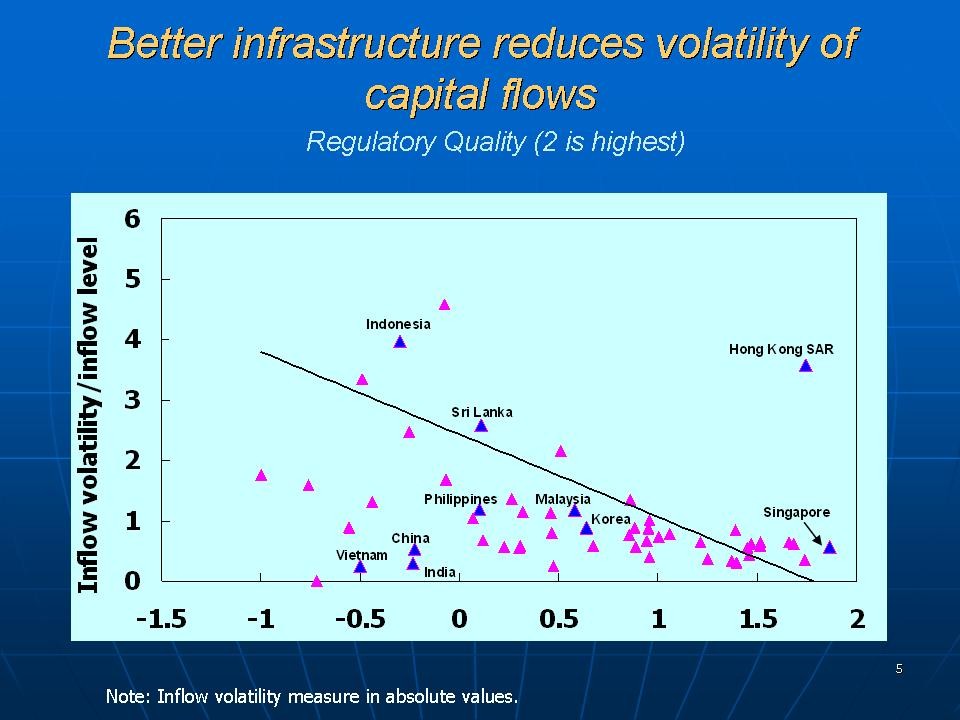The Importance of Fund Managers
Post on: 23 Октябрь, 2015 No Comment

As the rock stars of the financial world, successful managers of the hottest funds appear on financial talk shows. They write books and are the talk of the financial community that is, until their hot streaks end. In the mutual fund boom of the late 1990s, the successes and failures of fund managers were a phenomenon not only in the financial world but also in the mainstream media, which began to focus its attention on these people who made (or lost) investors so much money.
Here’s an impressive tidbit about mutual funds: Not a single one has gone bankrupt since 1940. This certainly can’t be said for banks and other savings institutions. It’s just one more reason for the popularity of these funds. No bankruptcy in over sixty years not bad, huh?
Professional fund managers are another reason for the popularity of mutual funds in the United States. Fund managers are well versed in the intricacies of the national and international fund markets.
To assess a good fund manager, look at his background over several years to determine if he’s been consistent in management of the fund or previous funds. You also want to see that the fund manager is holding true to his fund’s financial goals. For example, if you are looking at a more conservative growth and income fund, you don’t want to find out that the fund manager is making high-risk investments and taking the fund in a different direction (known in the industry as style drift). Unfortunately, fund managers with roving eyes who look at and buy stocks that don’t fit the fund’s stated objective are more common than you might think. On the other hand, if a fund is struggling, you may appreciate a fund manager who starts drifting for the sake of keeping your investment afloat.
You should also look closely at a mutual fund’s portfolio. While you may not be familiar with each and every purchase, you can ascertain whether they are following the latest trends or are bucking the system. If you have heard, for example, that a certain market, such as automobiles, is taking a downturn, and the fund manager is buying heavily in that area, it will mean one of two things. Either he is buying now for an anticipated turnaround (value investing), or he is not keeping up with market news.

You also need to check out changes in fund management. A new fund manager needs to show that she can work within the structure of the particular fund, holding true to the goal of that fund. Fund size and assets can matter as well. A manager who has handled a $2 billion fund successfully may not be as comfortable when dealing with $20 billion. You might also want to know whether this fund manager is working closely with a team of analysts or doing it all on her own. If the latter is the case, you could be in trouble when the manager moves to another fund and takes along her secrets.
Check the fund manager’s reactions to the down markets of 1997 and 2001. See how quickly their funds rebounded. Did she panic and make drastic moves or hold on tight and ride out the storm? Naturally, your assessment of the manager’s actions should depend on the type of fund and the particular holdings.
Magazines such as Forbes, Kiplinger’s, and Money and online sources such as Morningstar.com rate mutual funds and often give you the lowdown or profile on the fund manager. It’s important to look for consistency. A fund manager who has bounced from one fund to another is not a good sign if you want to hold the fund for a long time. It is also not to your advantage to have a fund with a different manager at the helm every year.














